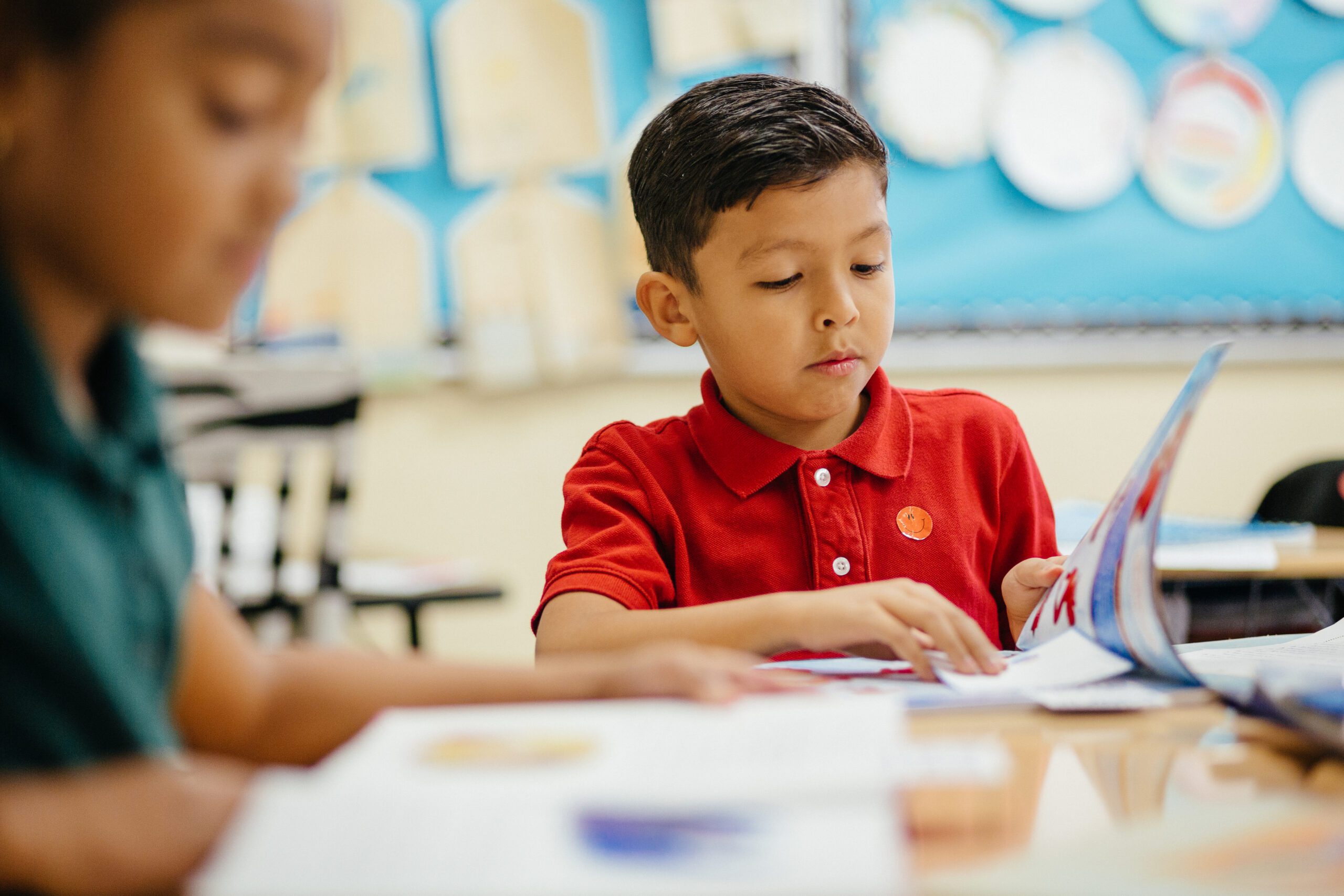
New First Book Study Tackles National Issue of Banned Books
More than 1,500 educators report on book bans and the damaging impact they are having on teacher morale and student learning
WASHINGTON, D.C. (October 3, 2023) – In a new study released by First Book Research & Insights, educators report that the national conversation around book challenges and bans is negatively impacting their classrooms, profession, and student learning. More than 1,500 educators serving children in under-resourced communities responded to the First Book survey to reveal educator perceptions on book restrictions in their school districts, and their impact on student learning.
Through this study, educators discussed the destructive impact that book bans are having on teacher morale. The study revealed that book bans have a chilling effect whether or not teachers are facing book bans in their districts. The survey found that 71 percent of educators, regardless of whether their district has faced bans, believe book banning undermines their expertise, makes them feel distrusted, and increases their stress. These detrimental effects translate into the classroom as nearly two-thirds of educators said that book banning is having a negative impact on their ability to teach.
“Educators serving students in low-income, under-resourced communities remain unheard in the discussion – and they are a critical voice because of their role in supporting student academic growth while managing the negative effects of ongoing actions to ban books,” says Kyle Zimmer, president and CEO of First Book. “The effort to restrict access to books has excessively targeted diverse books, which we know are indispensable in engaging kids, improving student reading scores, and developing a strong sense of self and empathy for others. These books empower young learners to foster a lifelong love of reading.”
Of the more than 1,500 educator respondents, one-third report facing book bans, challenges, or restrictions in their school district. Although only 7 percent of educators have removed books from their classrooms due to book bans, this study reveals the negative and chilling impacts that reach far beyond the districts that are facing bans. Approximately 15 percent have preemptively removed books from their libraries. Eighteen percent of educators have indicated that specific titles have been banned in their school district.
By capturing the experiences and perceptions of educators working on the ground in classrooms, this new study offers insights into the negative impact of book bans on student success in the classroom. In the survey, 72 percent indicated that restricting book access decreases students’ engagement in reading. More than a third of educators noted that book bans discourage students’ critical thinking, and 78 percent reported that students are reading more when given the choice to read banned books.
These findings come on the heels of another study produced by First Book Research & Insights, the organization’s research arm that conducts studies of its network of more than 575,000 educators. The recent Diverse Books Impact Study report, which was released in September, highlights the positive impacts of diverse books in classroom libraries. In the six-month pilot study, after adding diverse books to their classroom libraries, educators reported that reading scores increased by 3 percentage points higher than national annual expected averages, and collective classroom reading time increased by 4 hours per week on average. Classrooms that added bilingual and LGBTQ+ titles reported the greatest improvements.
The findings on student outcomes reinforce educators’ consistent call for diverse titles to support student achievement.
“Educators have expressed their wealth of knowledge and expertise through First Book’s research on both the impact of diverse books and book banning,” says Zimmer. “This study proves that the targeted removal of diverse titles in the midst of a national literacy crisis is detrimental to the academic growth of our children and demoralizing for the educators serving them. And this is an issue for all children, no matter their zip code or identity. Kids who do not have exposure to other cultures and identities will be at a disadvantage.”
First Book’s full report on the banned books survey is available to download here. And the full Diverse Books Impact Study Report can be downloaded here.
Media Contact + Information
Visit our press room for additional information, including our media kit and contact information.
About First Book
Education transforms lives. First Book is building a world where every child has access to a quality education. We work to remove barriers to education and level the playing field for kids in need. At the heart of our work are the 575,000 members of the First Book Network, the largest online community of educators and professionals dedicated to children in need across North America. This Network is the key to creating systemic change. Through our research arm, First Book Research & Insights, we conduct studies that aggregate their voices to identify barriers to equitable education and inform strategic solutions. To address their needs, we provide free and low-cost books, resources, and access to leading experts through the First Book Marketplace, which uses aggregated buying power to support this underserved community. Founded in Washington D.C. in 1992 as a nonprofit social enterprise, First Book is dedicated to eliminating barriers to learning and inspiring young minds. Learn more at FirstBook.org and visit our award-winning eCommerce website at FBMarketplace.org.
